Search
SecondHand Time
- robert gamble
- Sep 1, 2021
- 2 min read
I arrived in Ukraine on June 21st and was soon at the camp in a small town called Sergevka, where we offered a program to Foster Families, parents and children. We had 60 people. It was a time for us to get these families together to support each other, a time for some serious training and conversation with parents, a time for them as a family to be together away from the city, and a time for us to identify families that need help. We had the beach, the pool, clean rooms and good food. It was worth every penny.

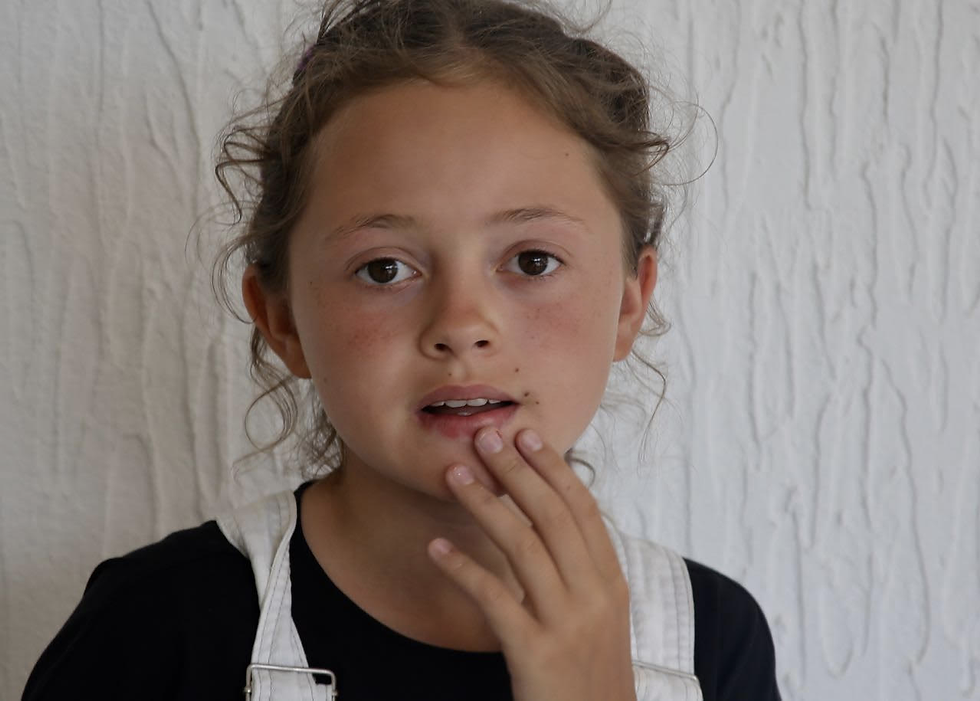


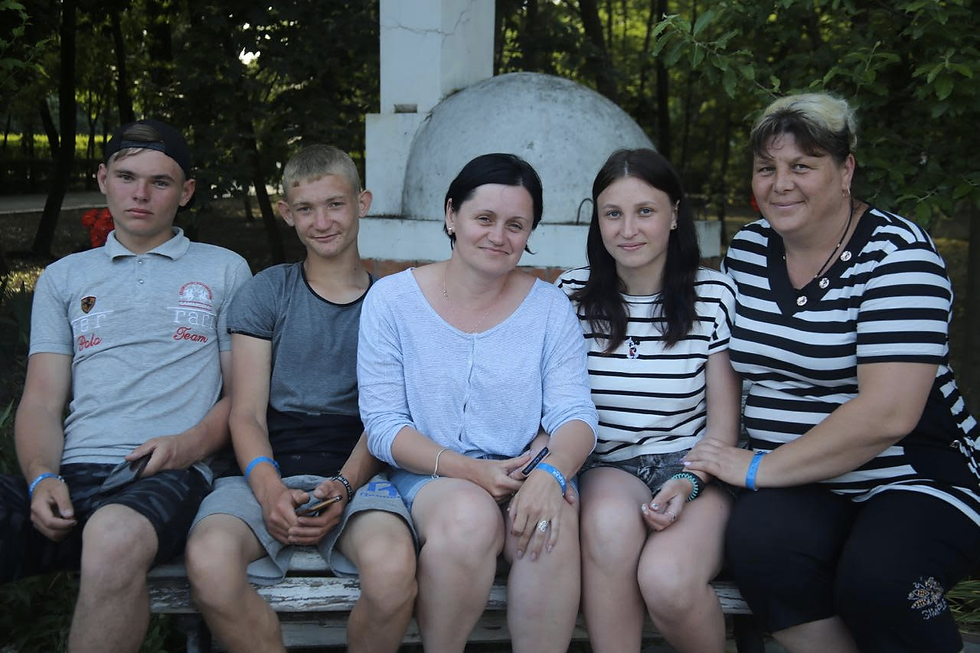

Back in Odessa, Alla our project manager, Svetlana one of our psychologists, and I made trips to visit some single parents of very low income families in the region around Odessa. Svetlana will be the resource person for those families.


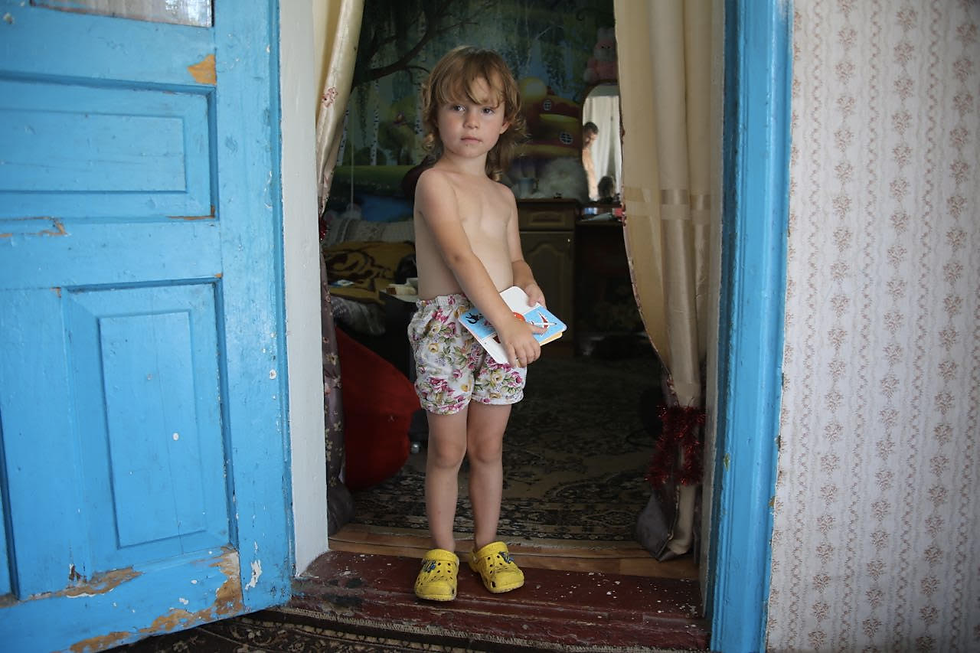
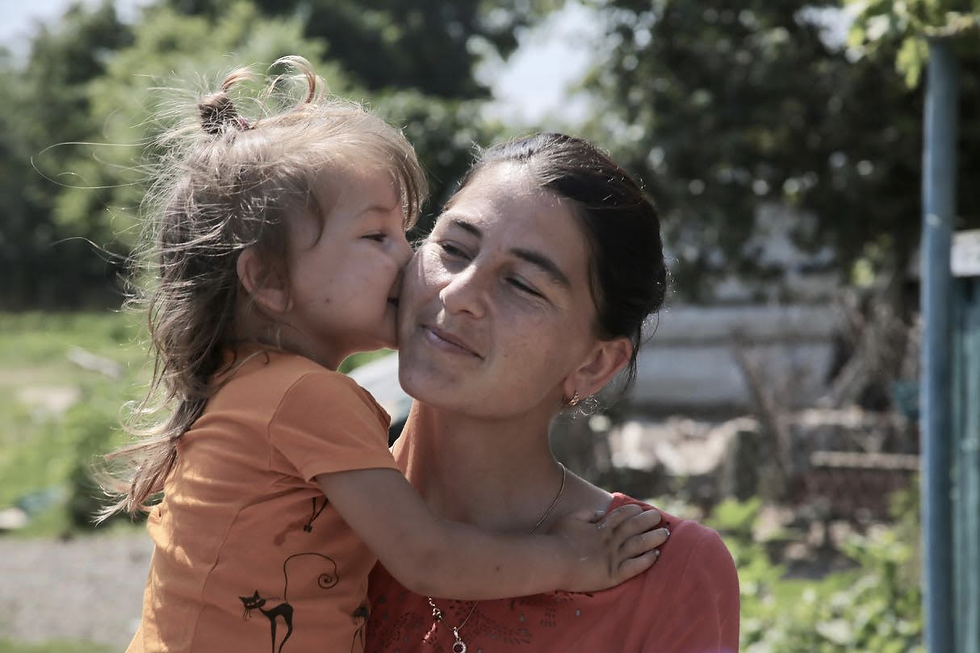
Every Wednesday afternoon, 4 of our psychologists meet with about 40 teenage children of soldiers at a sanitorium used for many years in Soviet times and after as a place of rest and vacation. Some of these children have lost a parent in the war, all have the complicated issue of being parented by a father or mother who still suffers from the trama of conflict.
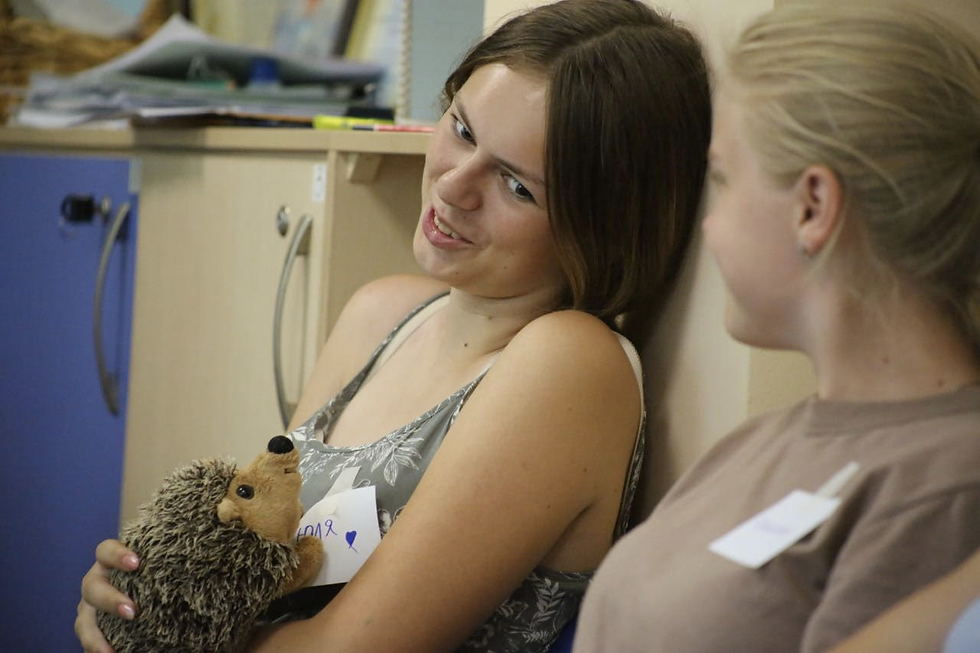


On a return trip to Sergevka, 21 people who work for us as trainers, psychologists or staff for camps gathered for 5 days of our own training, bonding and thinking about what we do. They came from across Ukraine: Kiev, Kharkiv, Zaparosia and Odessa.
With more time, I could tell you what we did. Let's just say it was some serious "inner" work and sharing, and a lot of fun.
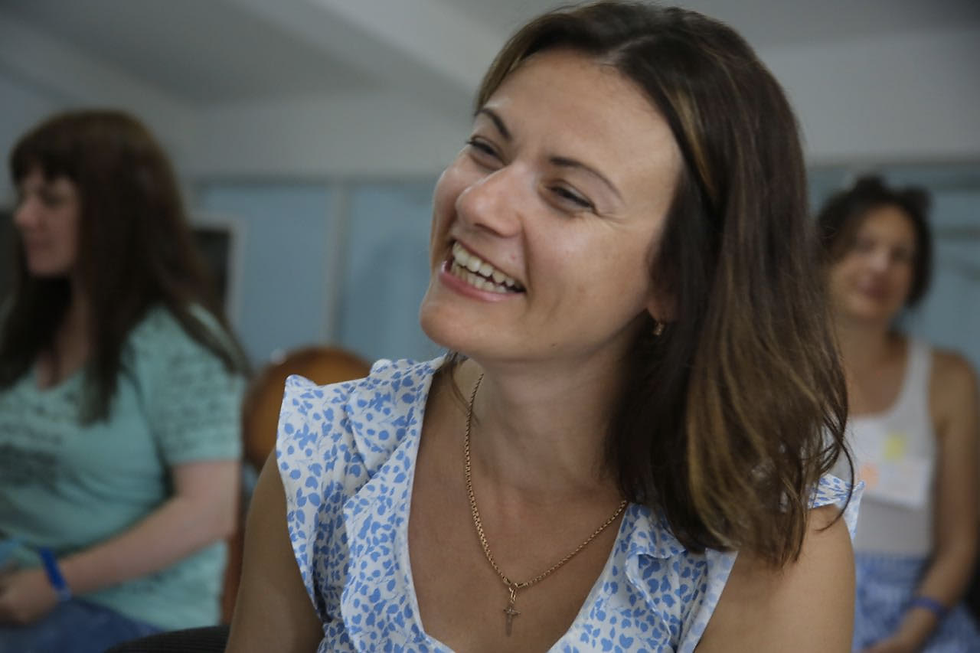
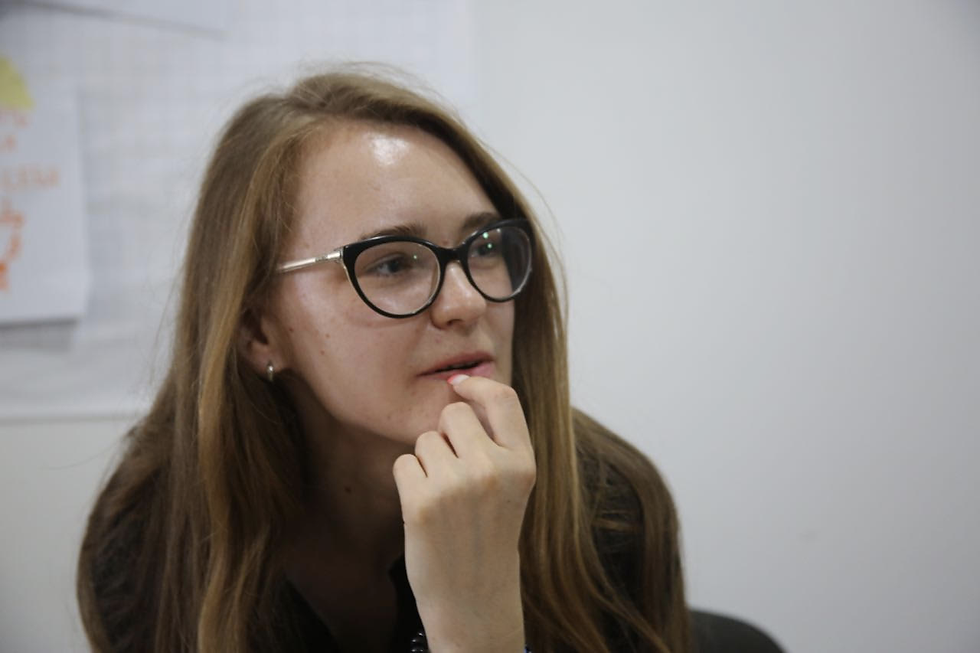
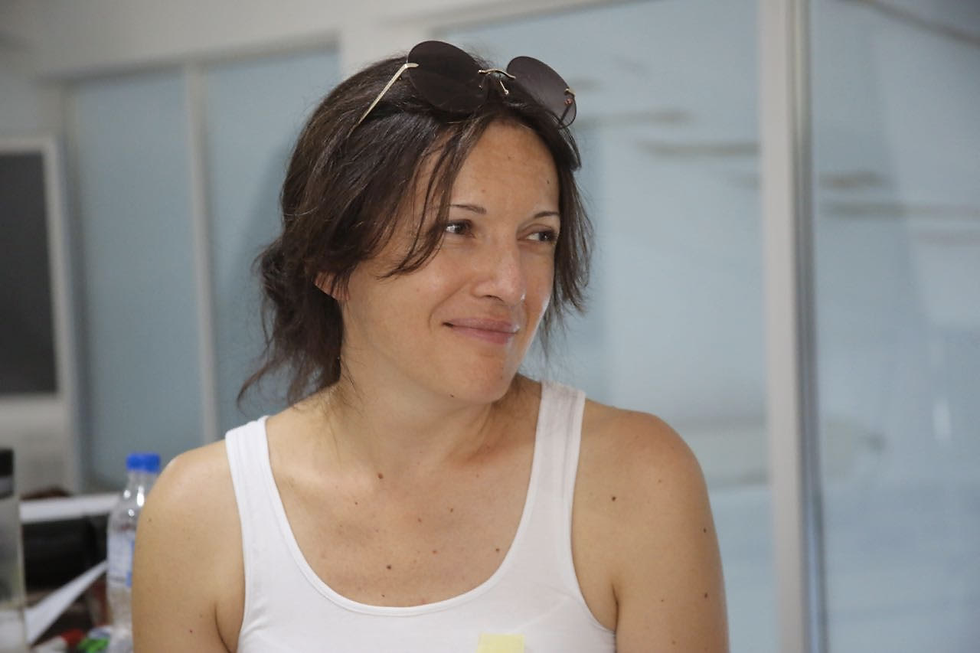

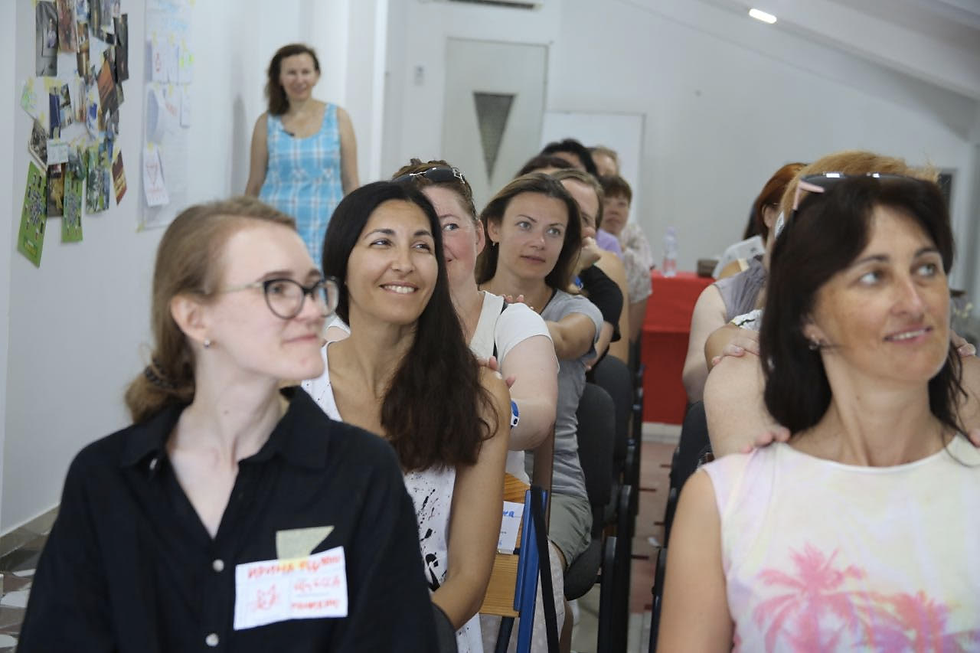
Two days ago, I returned from a trip to the war zone: a city called Zaparosia and small towns called Kurakova, Avdeevka, and Obit. I gave 3 rather brief sermons as I was traveling with a Mennonite minister and served as the speaker for his trips. I visited families, an art therapy class, passed millions of sunflowers and saw "the front line" which is mostly fields separated by rows of trees, roads and forests. Remarkable to me were two things: first, the way nature has taken over the ruins of houses, whole neighborhoods, with trees, bushes and vines in just 6 years. Second, the "Soviet thinking" that remains in older
generations, even after 30 years, which includes a distrust of management in businesses and both fear and anger at the government in Kiev. The whole region is covered by Russian television, so most of what they hear is anti-American.
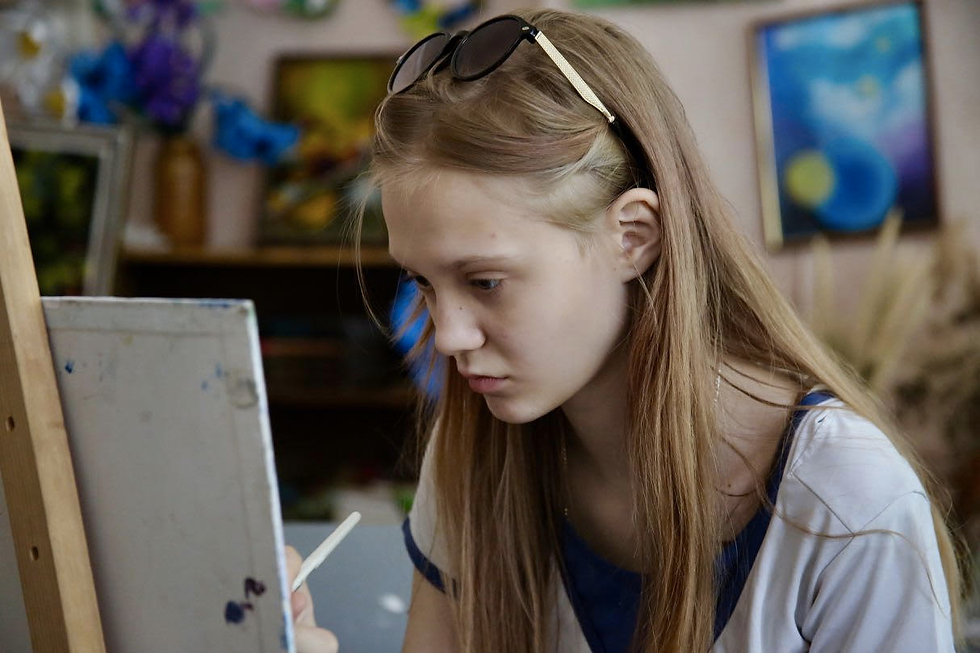
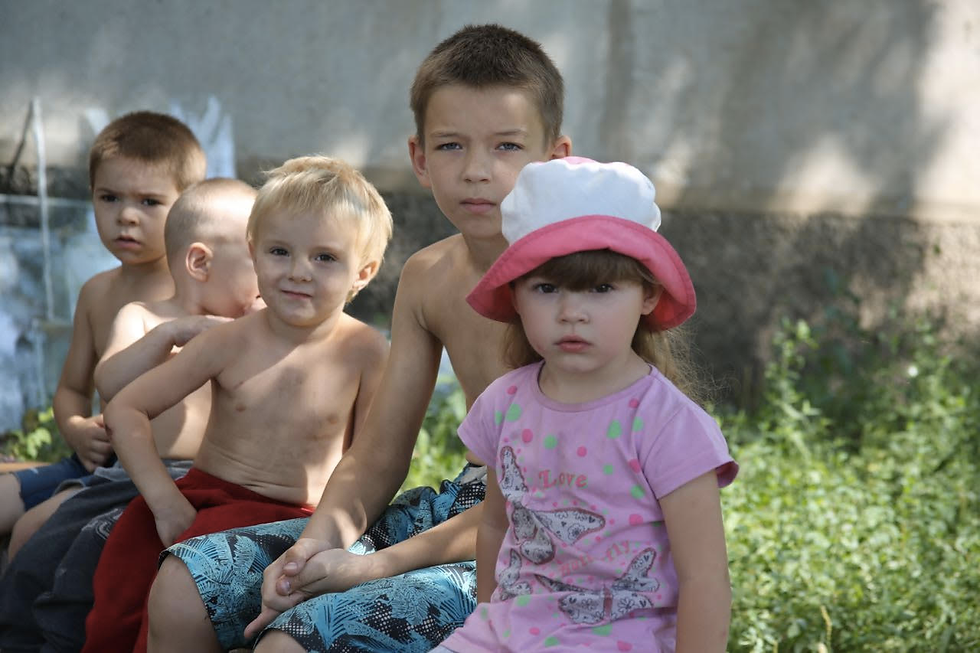





















Comments